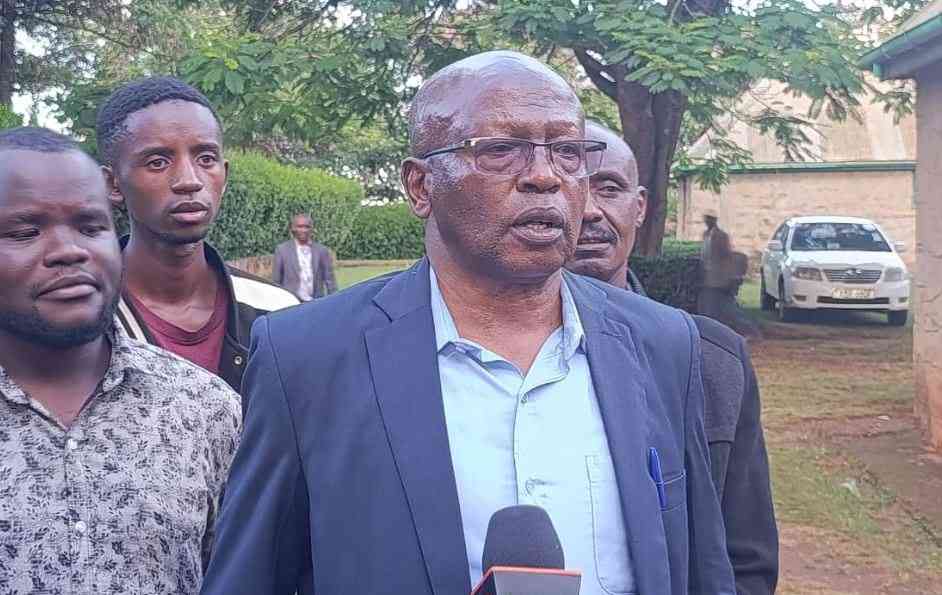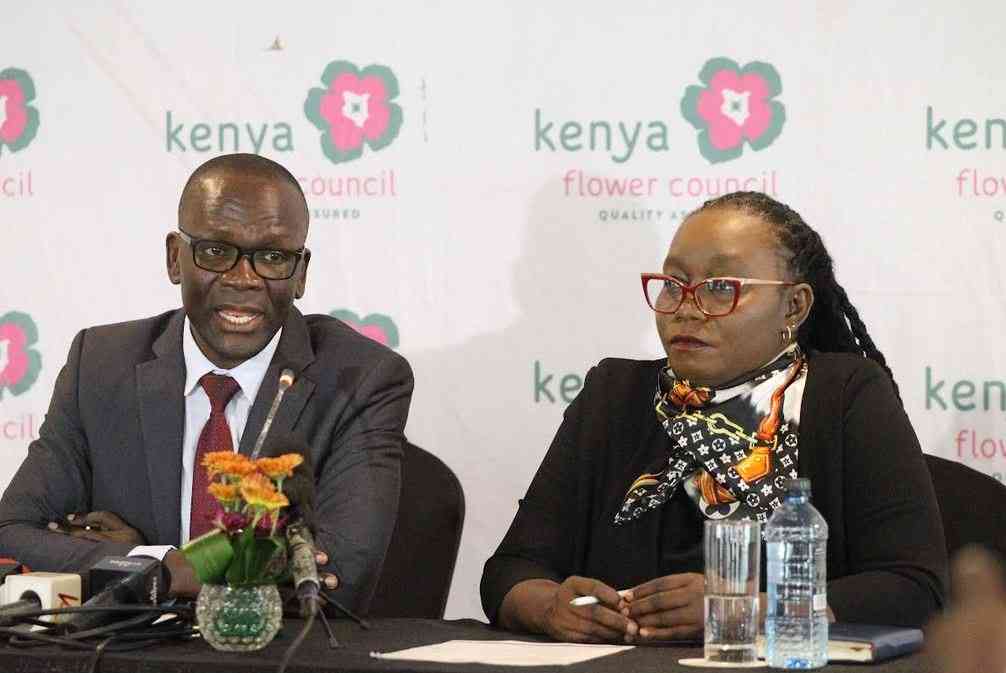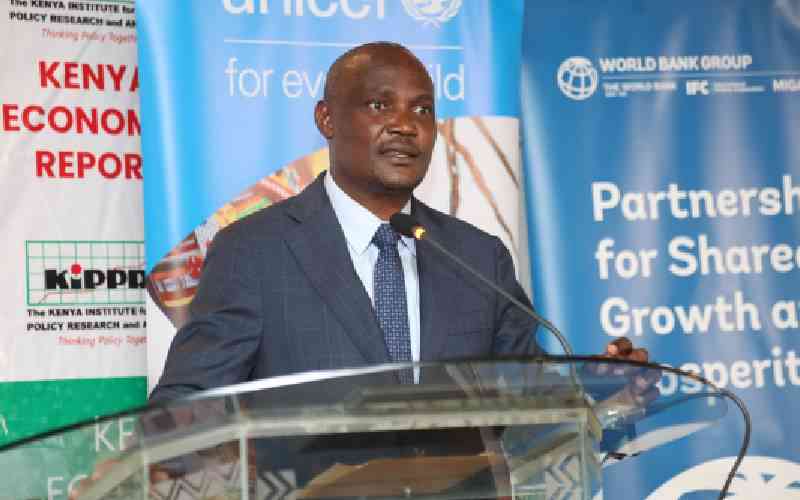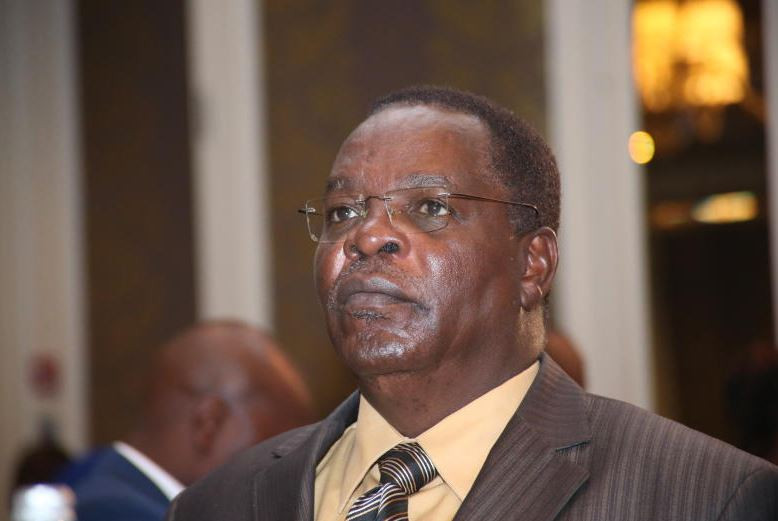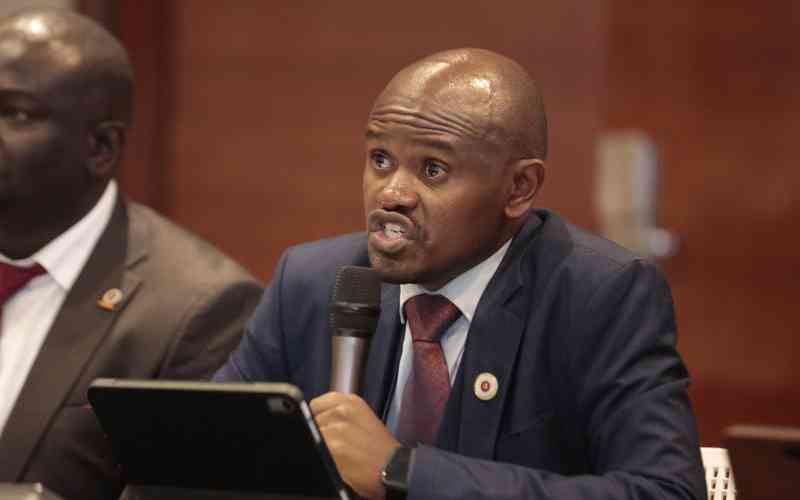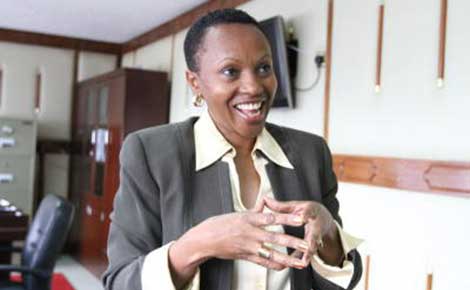 |
| Kenya Citizens and Foreign Nationals Management Services Director General Mwende Gatabaki at her office in a recent interview. [PHOTO: PIUS CHERUIYOT/STANDARD] |
Nairobi; Kenya: The Government is set to kick off the multi-billion-shilling digital registration of persons in the next four months. This is in an attempt to arrest the deteriorating security situation and the proliferation of illegal immigrants in East Africa’s largest economy.
“Kenya is becoming a hub of human trafficking. As long as you are able to pay for identity cards and work permits you get them,” said Mwende Gatabaki, acting director general of the Kenya Citizens and Foreign Nationals Management Service, a State corporation formed under the previous Ministry of Immigration and Registration of persons.
